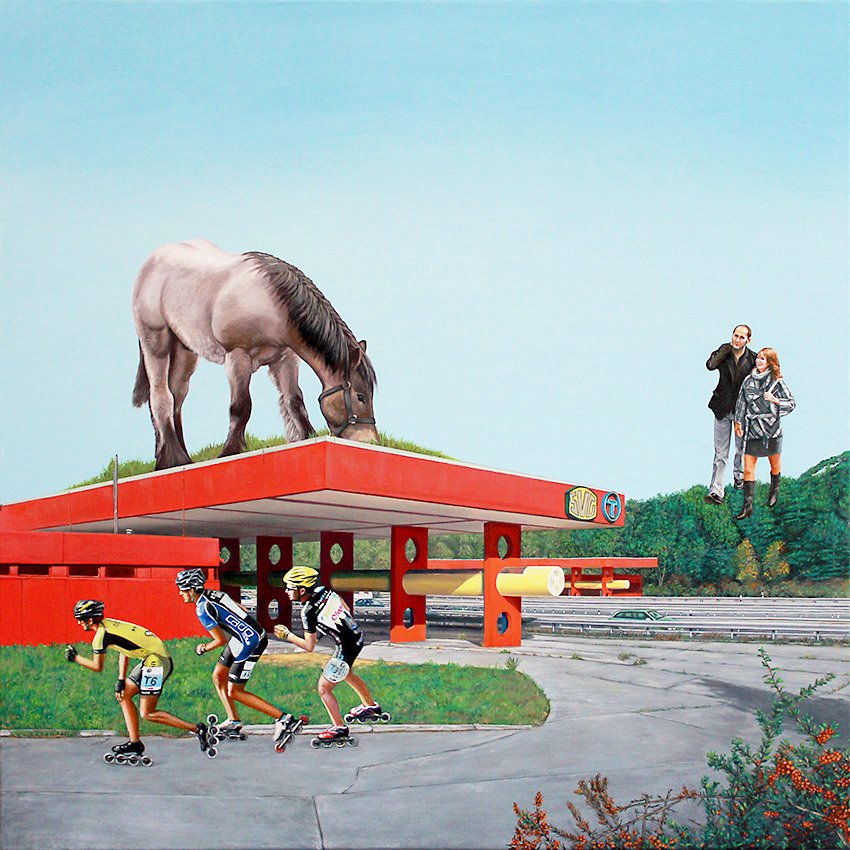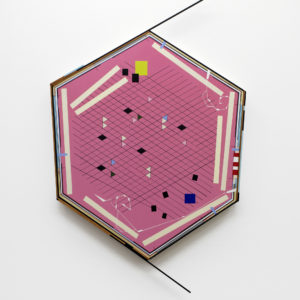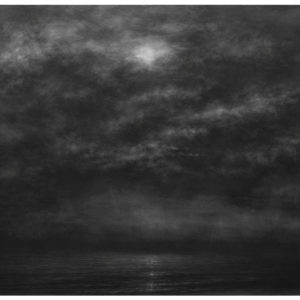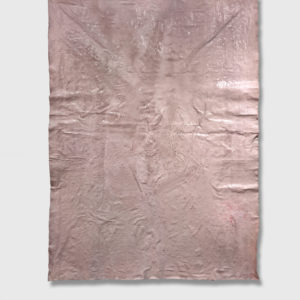Description
SERIES SURREALISATION
A wooden door falling out of the sky onto an automobile on the beach with a group of jogging men in front of it. A horse grazing on the roof of a disused gas station. Two young women dancing on water in front of the Berlin TV tower. All of this is “Beautiful, like the chance meeting of a sewing machine and an umbrella on a dissection table” – so the famous sentence of the poet Lautréamont, whom André Breton and the Surrealist artists loved so much. Cihangir Gümüstürkmen already refers to this art direction in the title of his series. He removes objects or scenes from their usual context and combines them anew, surprisingly contrasts them, interlacing different time levels and perspectives. The order of the world as we know it, the contradiction between dream and reality, dissolves. A moment of fantasy and the feeling of the completely different arises. But it also evokes the picture of a chaos in which everything is whirling around like in a cosmic big bang. The disorder in the paintings changes the view of the world. Isolated from their original context, the individual things acquire an almost supernatural meaning. At the same time, the associative crossing of things that do not seem to belong together, provokes unusual thought processes. They suggest a world beyond the one that can be reached with the logical mind. Automatically one searches for a higher, different, neglected reality. Here begins a journey of discovery into the unconscious. The unfamiliar elements that appear out of nowhere in the pictures tear the veil of reality and lead into the realms of fantasy, eroticism and longing. They help to express the unconscious and bring about new knowledge. What could the American Statue of Liberty have to do with the saxophone player on the shore of a lake that a vintage car is driving along? Is the naked man standing by the window where fish swim towards, in an apartment or under water? The face of the forever smiling Mona Lisa, half submerged in water, symbolizes how the images operate at the borderline between the waking and subconscious. They call up a level of depth that sometimes has autobiographical features, just as they call up constellations and motifs from the artists childhood and the family environment in Turkey in the sixties and seventies or those from Berlin in the eighties. A feeling of floating free and detachment arises in the artist's pictures – those fruitful and exhilarating moments in which it becomes clear: Thought and imagination are free. You can move in new, unfamiliar directions.
Text: Ingo Arend




